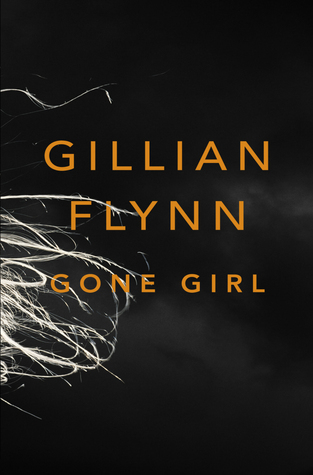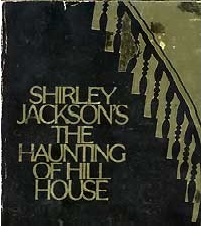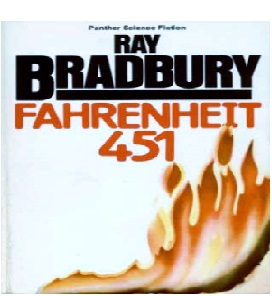When it comes to horses, Brits seem to have quite a mixed opinion. The “mighty stallion” may be a creature worthy of respect and admiration, and a significant cut above the mere underlings which are intensively reared for the purpose of reaching the dinner plate as quickly as possible.
Horses are, apparently, meant for something more, and are most certainly not for human consumption; this was reflected in the recent scandal which bred the notion that horses may have gotten closer to the dinner plate than one would like to believe.
Yet while we condemn the atrocious notion of horses ending up in the British food chain, apparently it is a free-for-all when it comes to racing them for human profit; out the window with our respect and in with whatever it takes to push the horses far beyond their physical capability. Then they become mere vehicles on the path to human glory.
The Grand National 2013 is now underway. So far, no lives have been claimed, nor serious injuries sustained, by any horses – that is, in the official competition.
The “warm-up” races in Aintree claimed two equine victims – Battlefront, who was “withdrawn from the competition”, later to collapse and die, and Little Josh, who was “destroyed” after sustaining a serious injury. This is by no means a rare occurrence, indeed quite the contrary. Anyone taking a look at the Animal Aid Horse “Death Watch” campaign can see these horses drop away, one by one, with disturbing regularity.
These deaths occurred on a brand-new race-course which claimed to be far easier for horses to navigate safely, and kinder to them should they fall during the race. According to the Telegraph’s coverage of the new course design, this race was to be “the first competitive test of significant course changes and new fence frames designed to improve safety.”
When considering the way that horses are built, they were never meant to run at top speed and jump such great heights at the same time, and to try to make them will almost certainly result in serious injury or fatality. Essentially, the races force them to go against their physical nature; furthermore, their “herd mentality”, which causes them to run in the first place, is exploited for maximum gain.
Despite the horse fatalities at Aintree, the RSPCA – who have had inspectors monitoring the welfare of the horses more closely this year – seem to be pleased with the condition of the horses during the Grand National 2013. One spokesman said that “We are delighted that the changes seem to have contributed to a safe yet competitive race.”
Furthermore, with changes including “more forgiving” fencing, restrictions on whip use and “run-out areas”, which allow stray horses to escape the racecourse, it seems as if the safety of horses is being taken more seriously.
The real question is, however, if these changes will be enough, and if it is even right to continue to manipulate horses – allowing even moderate risks to their safety – just so that someone, somewhere, can have a “big win”.
With so many supporters continuing to back the Grand National, and with it being so much of a “British institution”, perhaps it will be difficult to convince everyone that it is something that should be consigned to history.
Perhaps all that can be done, at least for the foreseeable future, is to keep a close watch on the horses’ welfare, and never to deem the death or serious injury of any horse as acceptable, or simply “all part of the game”.





